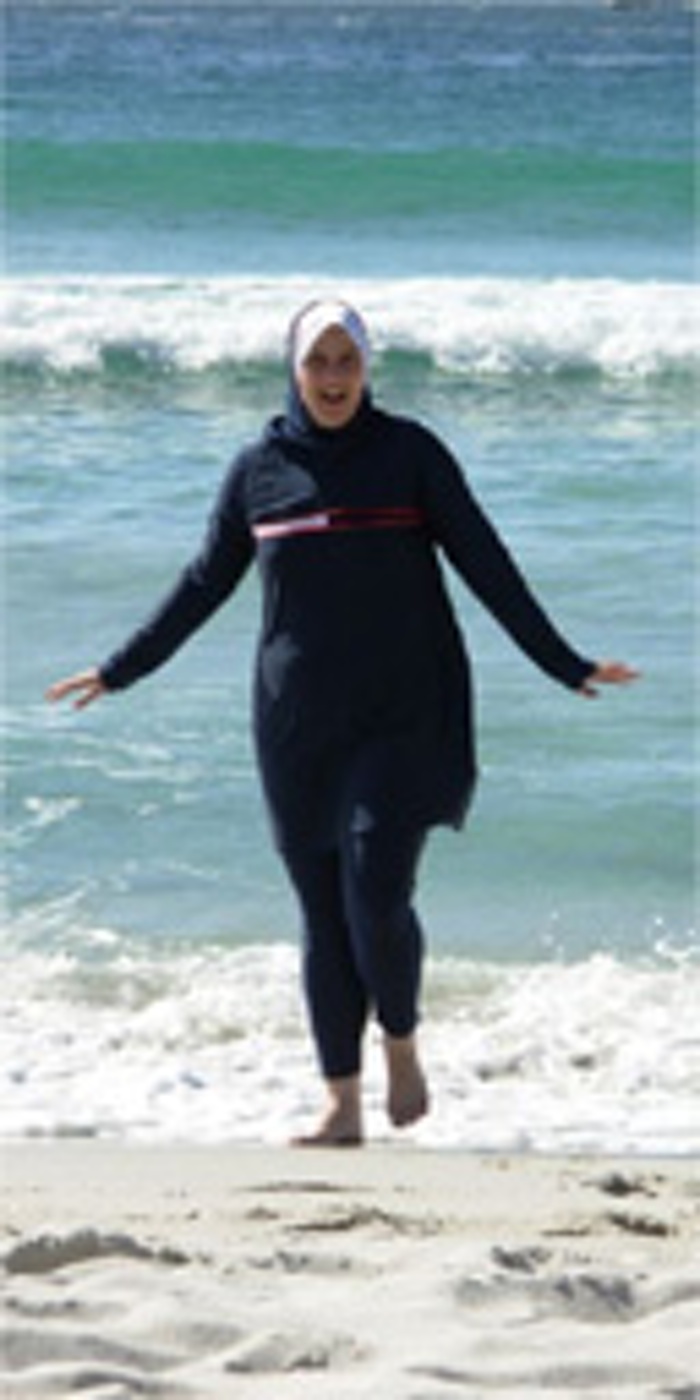DETROIT – A Muslim woman whose small-claims court case was dismissed after she refused to remove her veil sued the judge Wednesday, saying her religious and civil rights were violated. Ginnnah Muhammad, 42, of Detroit, says in the lawsuit filed in U.S. District Court in Detroit that Judge Paul Paruk’s request to remove her veil – and his decision to dismiss her case when she didn’t – was unconstitutional based on her First Amendment right to practice her religion.
Muhammad wore a niqab during the October hearing in Hamtramck, a city surrounded by Detroit. She was contesting a $2,750 charge from a rental-car company to repair a vehicle that she said thieves had broken into. Paruk told her he needed to see her face to judge her truthfulness and gave her a choice: take off the veil while testifying or have the case dismissed. She kept it on.

 “Muslim women were yesterday given the full backing of the law to wear veils in court – even if they are standing trial for crimes. Defendants who are told they must remove their face-covering garment could even be allowed to give evidence in secret so as not to offend them. Senior judges ruled that religious dress – including the full niqab which leaves only the eyes exposed – should be allowed for anyone involved in a court case unless justice is threatened….
“Muslim women were yesterday given the full backing of the law to wear veils in court – even if they are standing trial for crimes. Defendants who are told they must remove their face-covering garment could even be allowed to give evidence in secret so as not to offend them. Senior judges ruled that religious dress – including the full niqab which leaves only the eyes exposed – should be allowed for anyone involved in a court case unless justice is threatened…. In a
In a